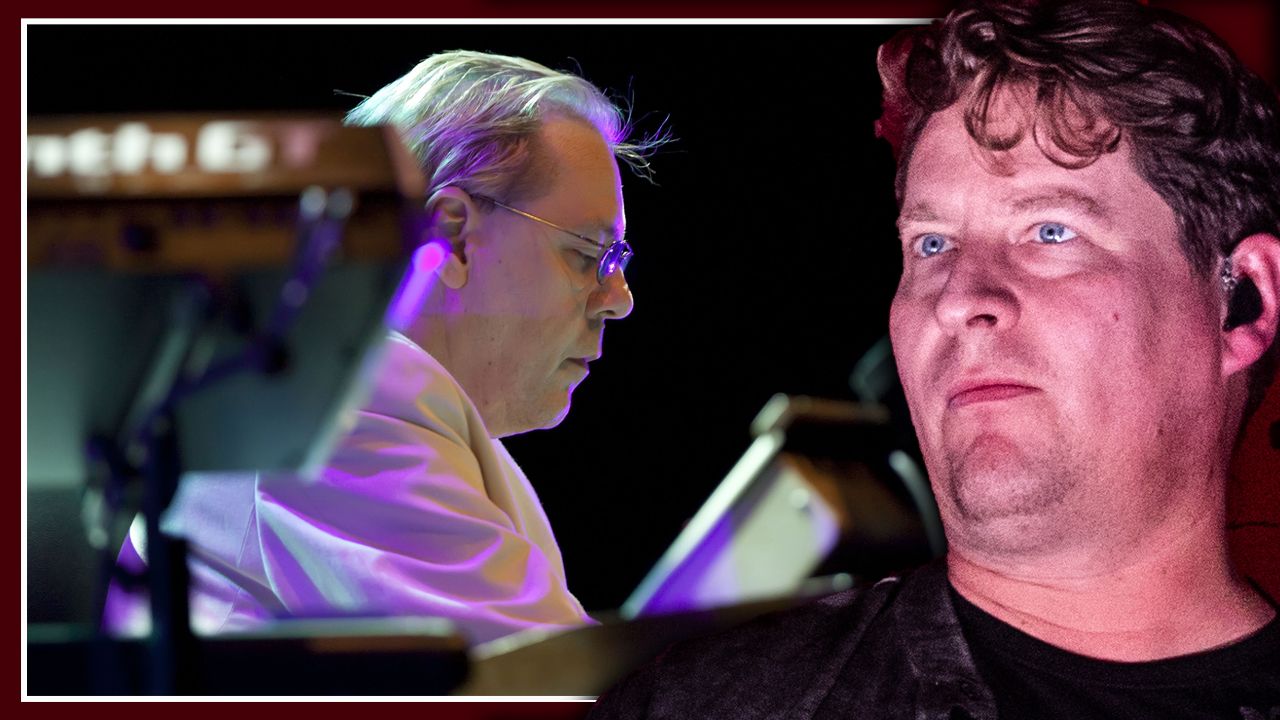
It took Editors bassist Russ Leetch a while to discover that some of the music that means most to him was created before he was born. The 80s child discovered the deep, detailed work of the late German electronic composer Klaus Schulze in 2009 – and, in 2013, he told Prog he’d never looked back.
“I am forever indebted to Polar Bear Records in Birmingham for expanding my musical palette. Steve, the owner of this great independent store, insists that music for him stopped as soon as the 80s began.
I know this to be not totally true; but his favourite artists are the original pioneers – the truly psychedelic and the first of their kind. I’m sure drugs stopped been good when the 80s began too…
Since I was born in 1982 I needed a musical education. Stepping into that store, and coming across records that I had no clue existed, expanded my understanding and made me much more of a musichead.
When Editors were writing our third record, In This Light and on This Evening, we’d started to work with producer Flood, and we wanted more synthesizers and original analogue sounds in our music. We were referencing Blade Runner as we tried to create our own dystopian world.
Moondawn gives any budding electronic artist a grounding in how to use a sequencer
Vangelis’ soundtrack fits the Ridley Scott environment very well – but, following a recommendation from Steve, I began to think a more edgy version would include Klaus Schulze, and specifically his Dune record.
“The rise that comes 17 minutes into the opening track opens possibilities for all future post-rock – the blend of the bubbling synths and the expert cello playing is a most suited match.
Klaus creates the mixture of machine versus human spirit perfectly. And when Arthur Brown’s vocals come in on the second track, Shadow Of Ignorance, it becomes otherworldly.
After Dune I wanted to discover more, and there’s a lot more to discover: 40 or so albums. Some specialise in certain instruments; Cyborg, his second album from 1973, specialises in drone, while Moondawn, released in 1976, gives any budding electronic artist a grounding in how to use a sequencer.
The length of these records means I can lose myself for a day, sometimes not remembering any melodies, but lost in a trance. The thought that his work ethic means there will always be more to come is a wonderful thing.”







